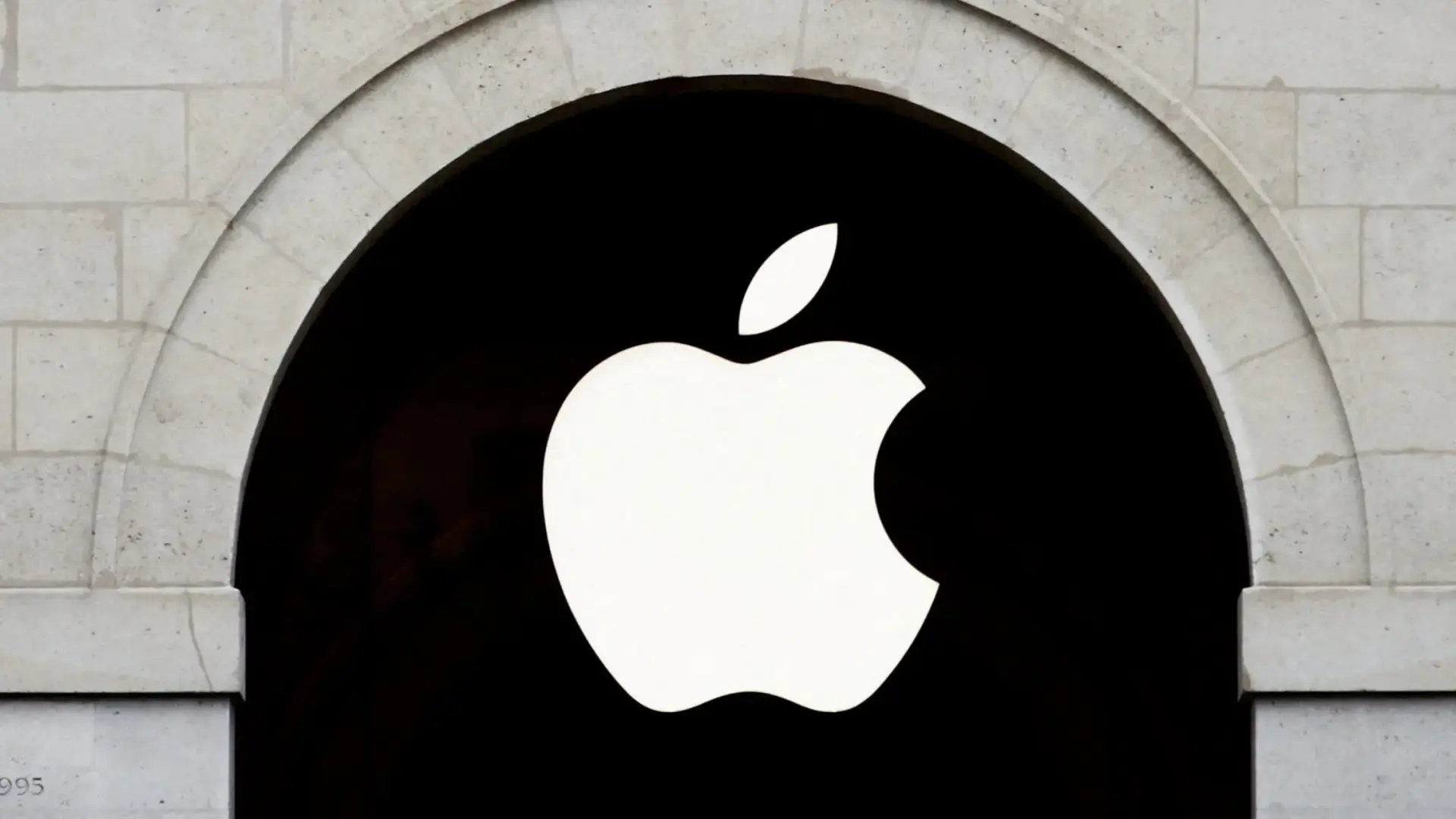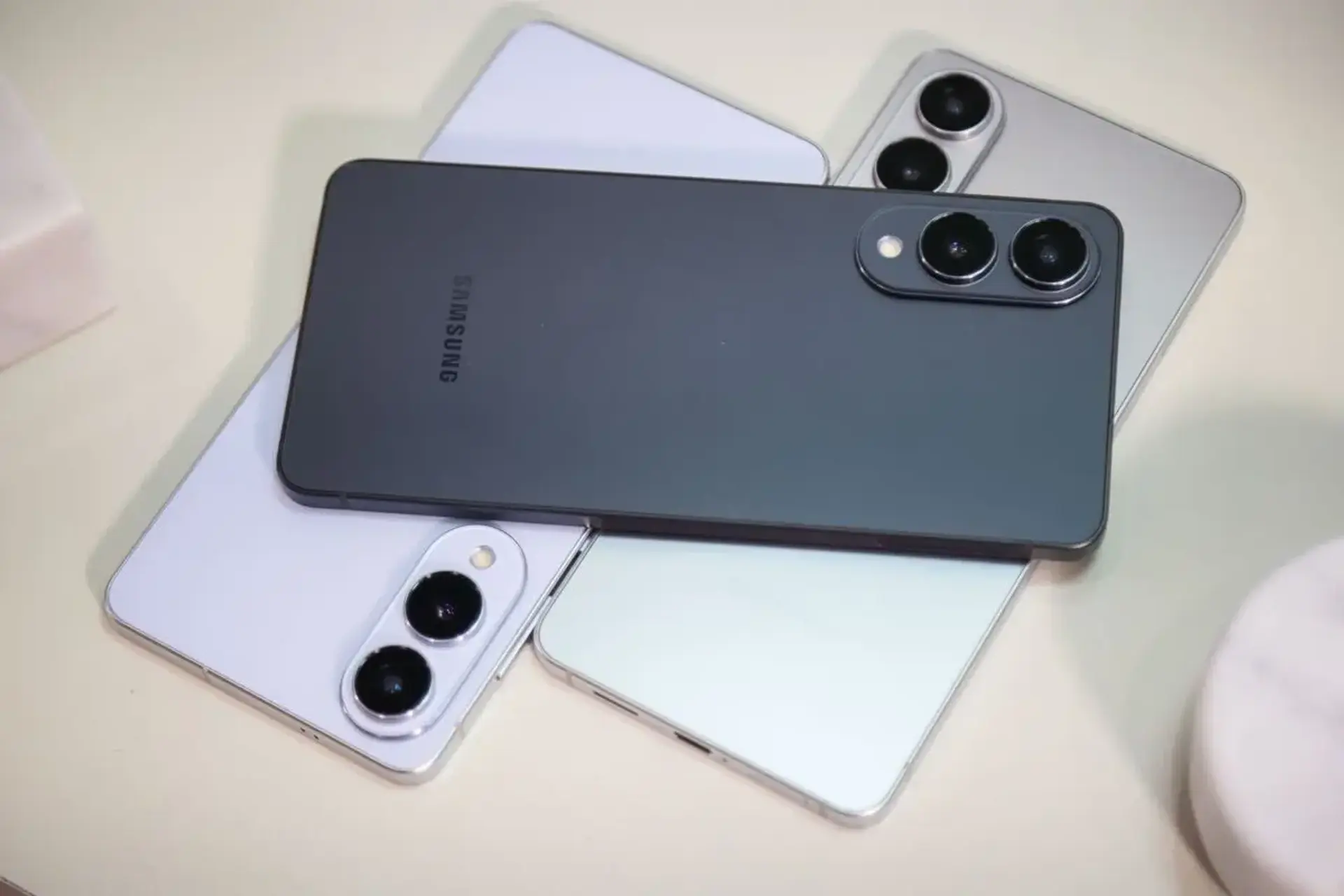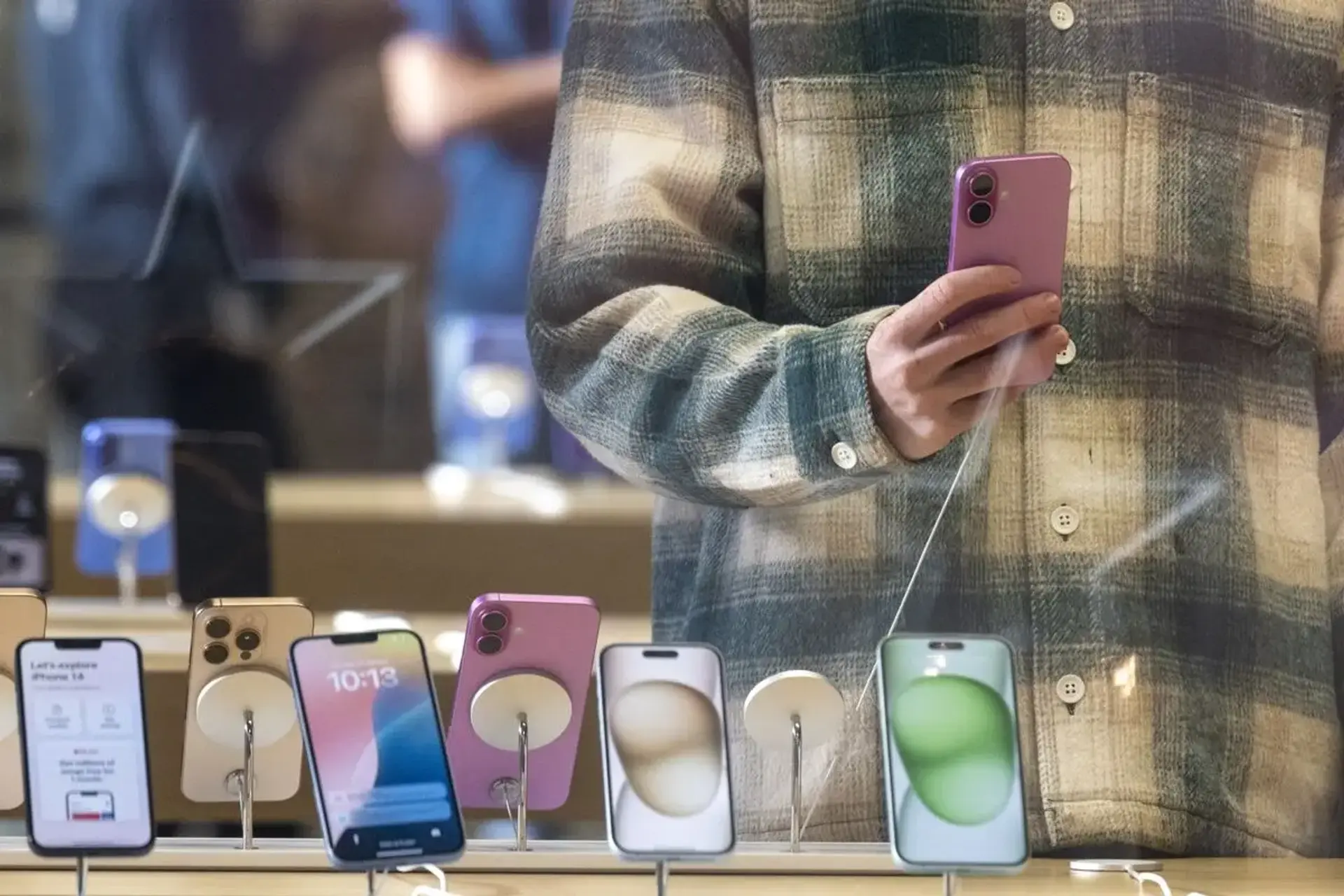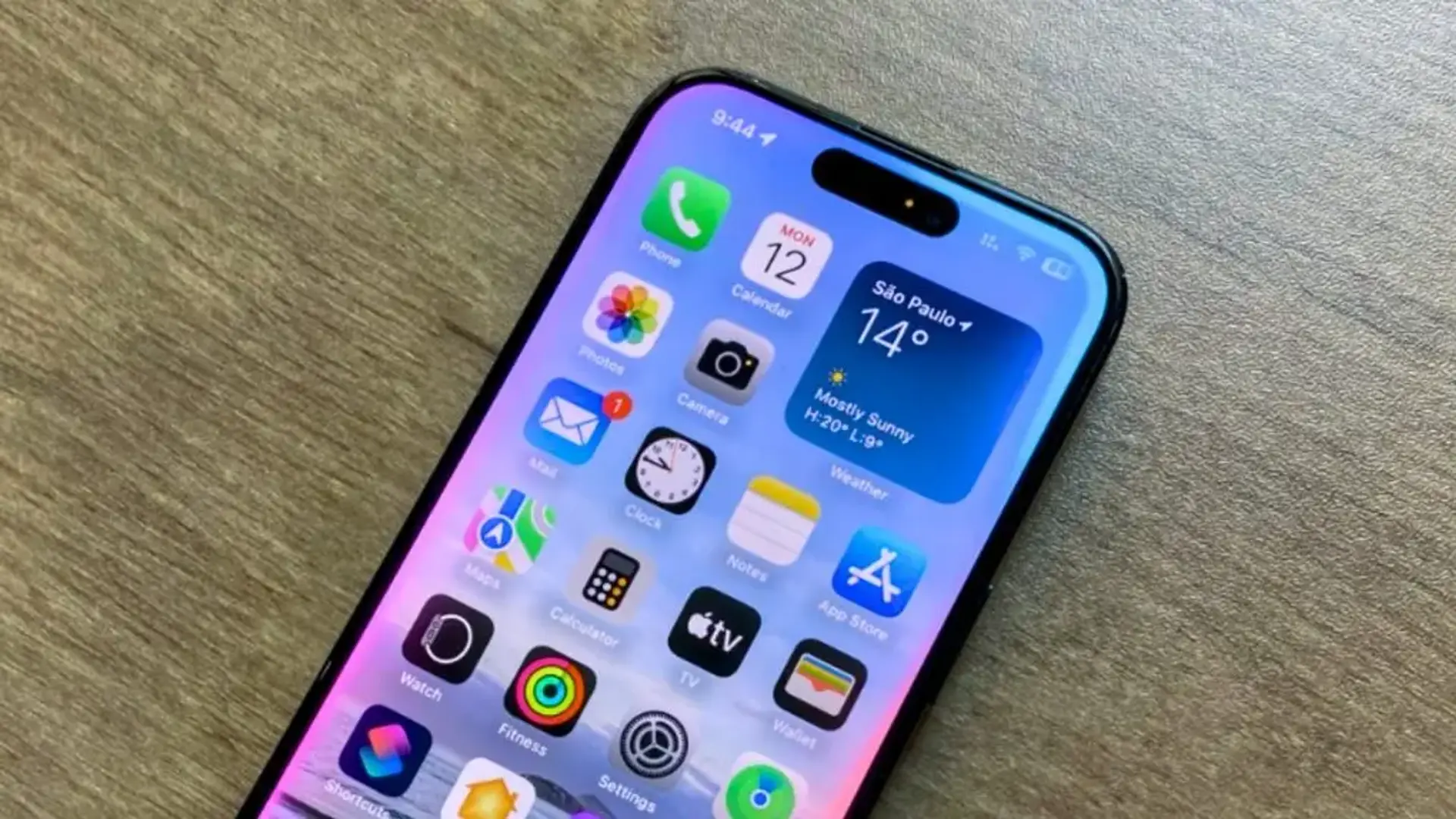Donald Trump has threatened Apple with a 25% tariff on iPhones imported into the US if the company doesn't manufacture them domestically. This ultimatum follows Trump's disapproval of Apple's plans to shift iPhone production to India, aiming to reduce reliance on China. Trump insists iPhones sold in the US should be made in the US, despite Apple's existing commitment to invest $500 billion in the US, including a new factory in Texas.
Analysts predict that US-made iPhones could cost upwards of $3,500, a price point deemed unrealistic. Currently, iPhones comprise over 2,000 components sourced globally, with key elements like chips manufactured in Taiwan and display glass from both US and overseas Corning plants. Shifting the entire iPhone production to the US faces significant hurdles, including infrastructure gaps and a lack of skilled expertise, potentially disrupting Apple's supply chain and increasing costs.
The tariff threat coincides with broader trade tensions, including proposed tariffs on EU goods. Trump's protectionist stance aims to boost US manufacturing, but has sparked concerns about increased costs for businesses and consumers. Financial markets reacted negatively to the news, with Apple shares dropping and broader market indices declining.




